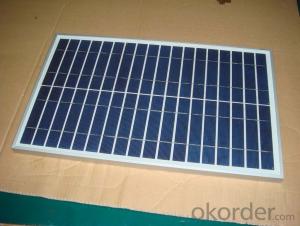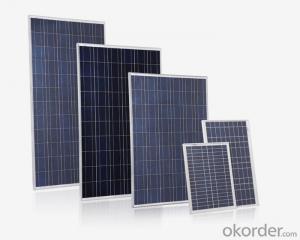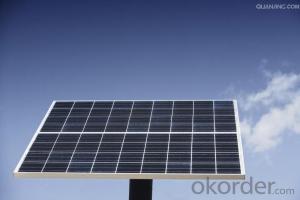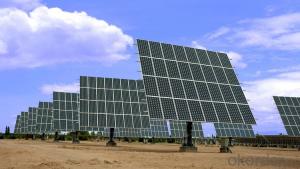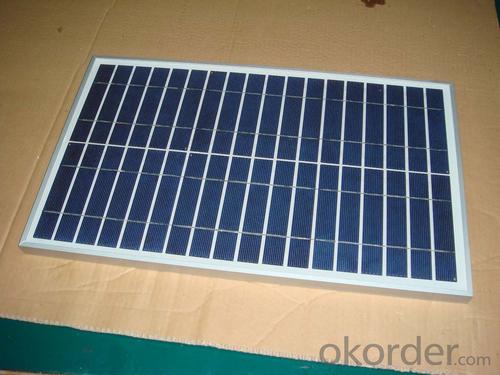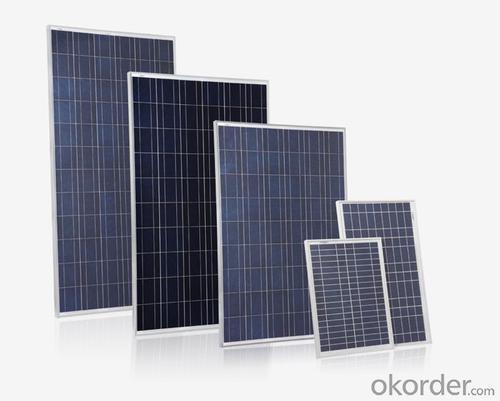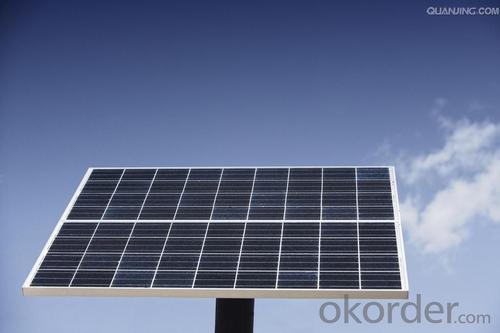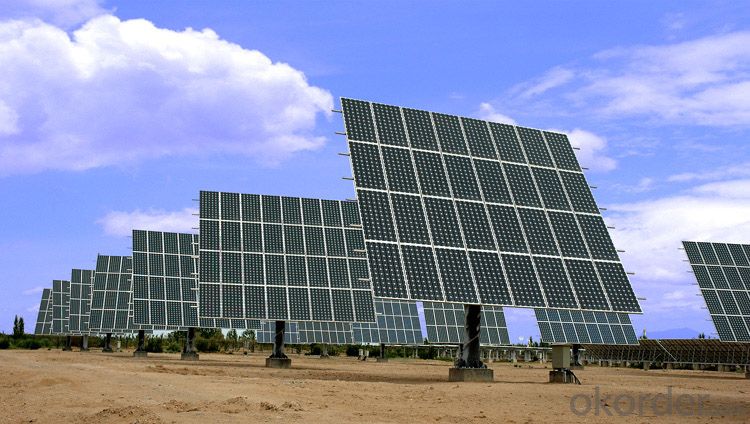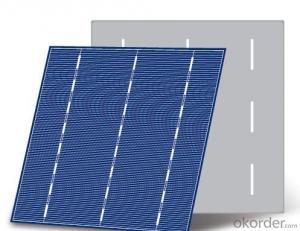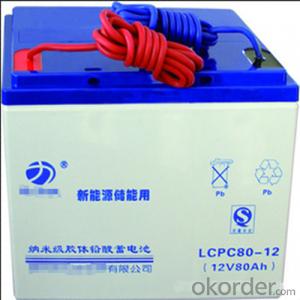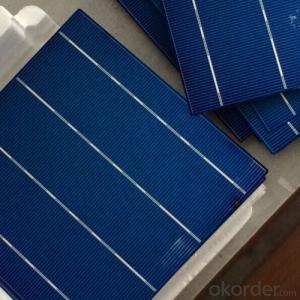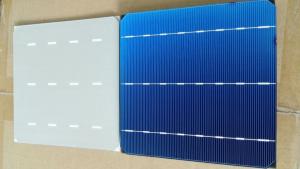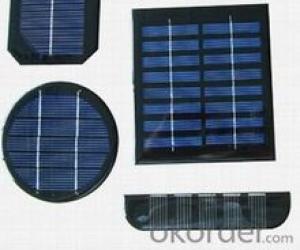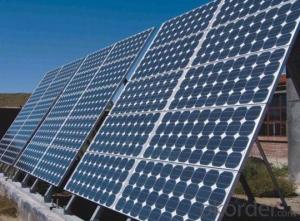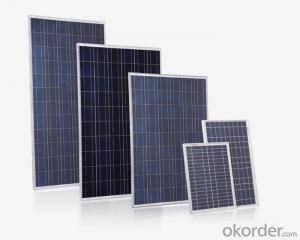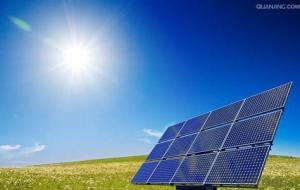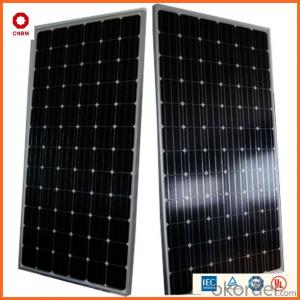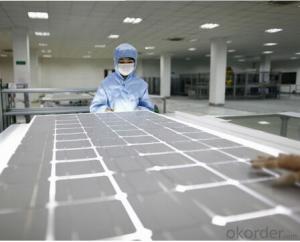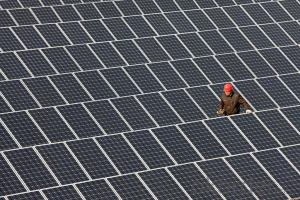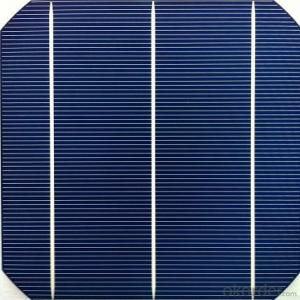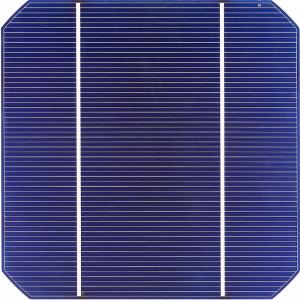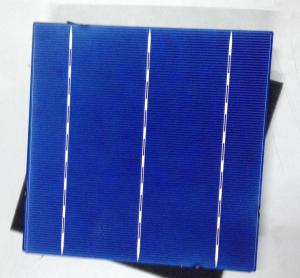Aoshike Solar Cells Favorites Compare Hot TÜV CE UL MCS OHSAS18001 CEC Mono Crystalline 60M 250W Solar Panel
- Loading Port:
- China Main Port
- Payment Terms:
- TT OR LC
- Min Order Qty:
- -
- Supply Capability:
- 10000000000000 watt/month
OKorder Service Pledge
Quality Product, Order Online Tracking, Timely Delivery
OKorder Financial Service
Credit Rating, Credit Services, Credit Purchasing
You Might Also Like
Quick Details
| Place of Origin: | Guangdong China (Mainland) | Brand Name: | SunnyPower | Model Number: | SPM |
| Specification: | Normal | Application: | Home | Output Voltage (V): | 12VDC 24V DC |
| Load Power (W): | Depands | Solar Power (W): | 5W--300W | Certification: | VDE,IEC,CSA,UL,CEC,MCS,CE,ISO,ROSH |
| Size: | Customized dimensions | Max power: | 5W---300W | Cable: | MC-4 and connector |
| Frame: | White or black aluminum | Glass: | Low iron tempered glass | Cell type: | Mono crystalline and Poly crystalline |
| Cell brand: | Taiwan Motech | System voltage: | 12v or 24v |
Packaging & Delivery
| Packaging Detail: | Each panel with one single caton,and then 10pcs/5pcs with one outer carton,finally use wooden pallets to pack the cartons. |
| Delivery Detail: | 20 days |
Specifications
solar panels from 5W--300W, made of TAIWAN MOTECH brand cells,with CO in TAIWAN,Mono and Poly with VDE,IEC,CSA,UL,CE,ISO.
We import solar cells from Taiwan Motech brand, with this CO in taiwan and our CSA certification,we can still sell goods to Anti-dumping areas like USA. Our main products are solar panels, off grid and on grid solar home systems , solar street lighting systems, solar water heating system,solar pump,solar attic fan, solar DC LED lights and solar DC refrigerators.
Certificates : ISO, CE, VDE IEC, MCS, CSA-UL, CEC.
Delivery time: sample 10days, order 25-30days.
Sample: charged.
Payment term: T/T 30% as deposit, 70% before shipment. Or irrevocable L/C at sight.
Trade term: FOB Shenzhen or CIF destination seaport or Airport.
Delivery time: sample 10days, order 25-30days.
Sample: charged.
Payment term: T/T 30% as deposit, 70% before shipment. Or irrevocable L/C at sight.
Trade term: FOB Shenzhen or CIF destination seaport or Airport.
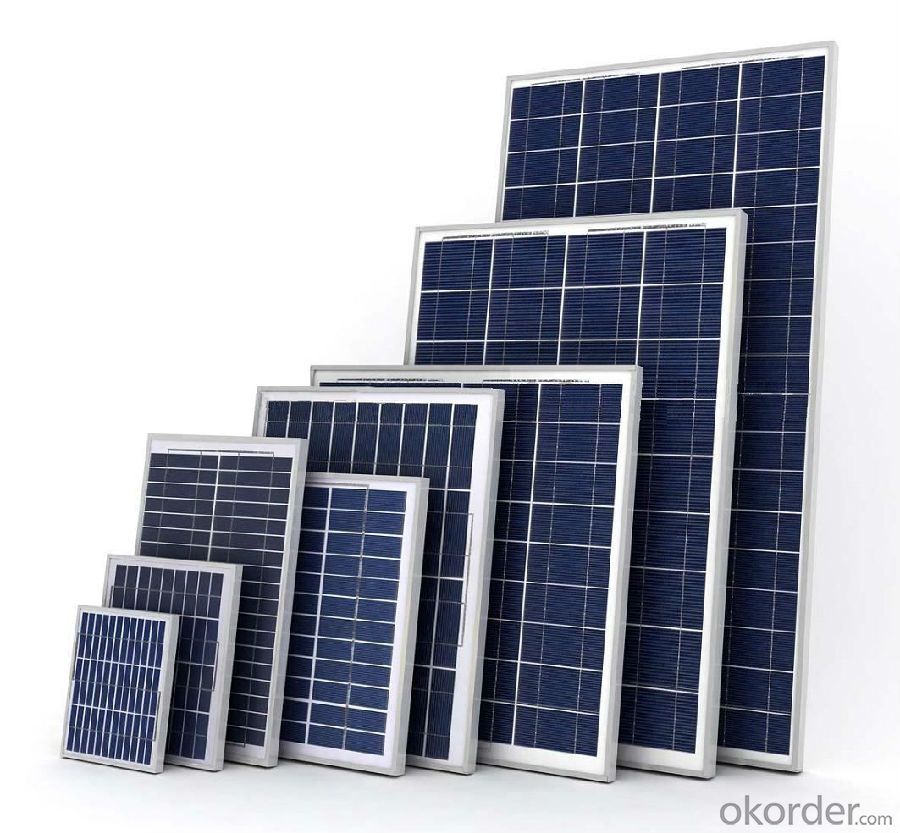
- Q: What is the average lifespan of a solar cell?
- The average lifespan of a solar cell is typically around 25 to 30 years.
- Q: Can solar cells be used in data centers or server farms?
- Yes, solar cells can be used in data centers or server farms. They can be employed to generate clean and renewable energy to power these facilities, reducing their reliance on traditional electricity sources and decreasing their carbon footprint.
- Q: How do solar cells handle hail or other physical damage?
- Solar cells are designed to be durable and can generally handle hail or other physical damage to a certain extent. Most solar panels are made with tempered glass or other strong materials that can withstand small hailstones without significant damage. However, severe hailstorms with large hailstones may cause cracks or breakage in the solar cells, affecting their efficiency. In such cases, it is important to assess the extent of the damage and consider repairs or replacements if necessary.
- Q: What is the impact of bird nesting on solar cell performance?
- Bird nesting can have a negative impact on solar cell performance as it can lead to shading of the panels, reducing their overall efficiency. Additionally, bird droppings can accumulate on the panels, obstructing sunlight and potentially causing damage to the cells over time. Regular maintenance and prevention measures are necessary to mitigate these effects and ensure optimal solar energy generation.
- Q: Can solar cells be used in telecommunications infrastructure?
- Yes, solar cells can be used in telecommunications infrastructure. They can be used to power various equipment such as base stations, repeaters, and remote monitoring systems. Solar power provides a reliable and sustainable energy source that can be utilized in remote or off-grid locations, reducing dependence on traditional power sources and lowering operational costs. Additionally, solar cells have a longer lifespan and require minimal maintenance, making them an ideal option for powering telecommunications infrastructure.
- Q: Can solar cells be installed on sloped surfaces?
- Yes, solar cells can be installed on sloped surfaces. In fact, solar panels are commonly installed on sloped rooftops to harness sunlight efficiently. However, the angle of the slope may affect the overall energy output, so it is important to consider the optimal tilt and orientation of the solar panels for maximum efficiency.
- Q: Can solar cells be used to power streetlights?
- Yes, solar cells can be used to power streetlights. Solar-powered streetlights utilize solar panels to convert sunlight into electricity, which is then stored in batteries to power the lights during nighttime. This renewable energy source is cost-effective and environmentally friendly, making it a popular choice for street lighting in many areas.
- Q: Can solar cells be used for large-scale power generation?
- Yes, solar cells can be used for large-scale power generation. Advances in technology and economies of scale have made solar power increasingly cost-effective and efficient. Large solar arrays, known as solar farms, are capable of generating significant amounts of electricity to meet the energy demands of cities and even entire regions. Additionally, solar power is a clean and renewable energy source, making it an attractive option for reducing greenhouse gas emissions and mitigating climate change.
- Q: How much space is required to install solar cells?
- The amount of space required to install solar cells can vary depending on factors such as the size and efficiency of the solar panels, the energy needs of the property, and the available sunlight. Generally, a typical solar panel requires about 100 square feet of space, but it can vary significantly based on individual circumstances and requirements.
- Q: Can solar cells be used in cold climates?
- Yes, solar cells can be used in cold climates. In fact, solar panels actually work more efficiently in colder temperatures. However, it is important to note that the amount of sunlight available during winter months may be reduced, which can affect the overall energy output. Nonetheless, with proper installation and maintenance, solar cells can still be a viable and sustainable source of energy in cold climates.
Send your message to us
Aoshike Solar Cells Favorites Compare Hot TÜV CE UL MCS OHSAS18001 CEC Mono Crystalline 60M 250W Solar Panel
- Loading Port:
- China Main Port
- Payment Terms:
- TT OR LC
- Min Order Qty:
- -
- Supply Capability:
- 10000000000000 watt/month
OKorder Service Pledge
Quality Product, Order Online Tracking, Timely Delivery
OKorder Financial Service
Credit Rating, Credit Services, Credit Purchasing
Similar products
Hot products
Hot Searches
Related keywords
